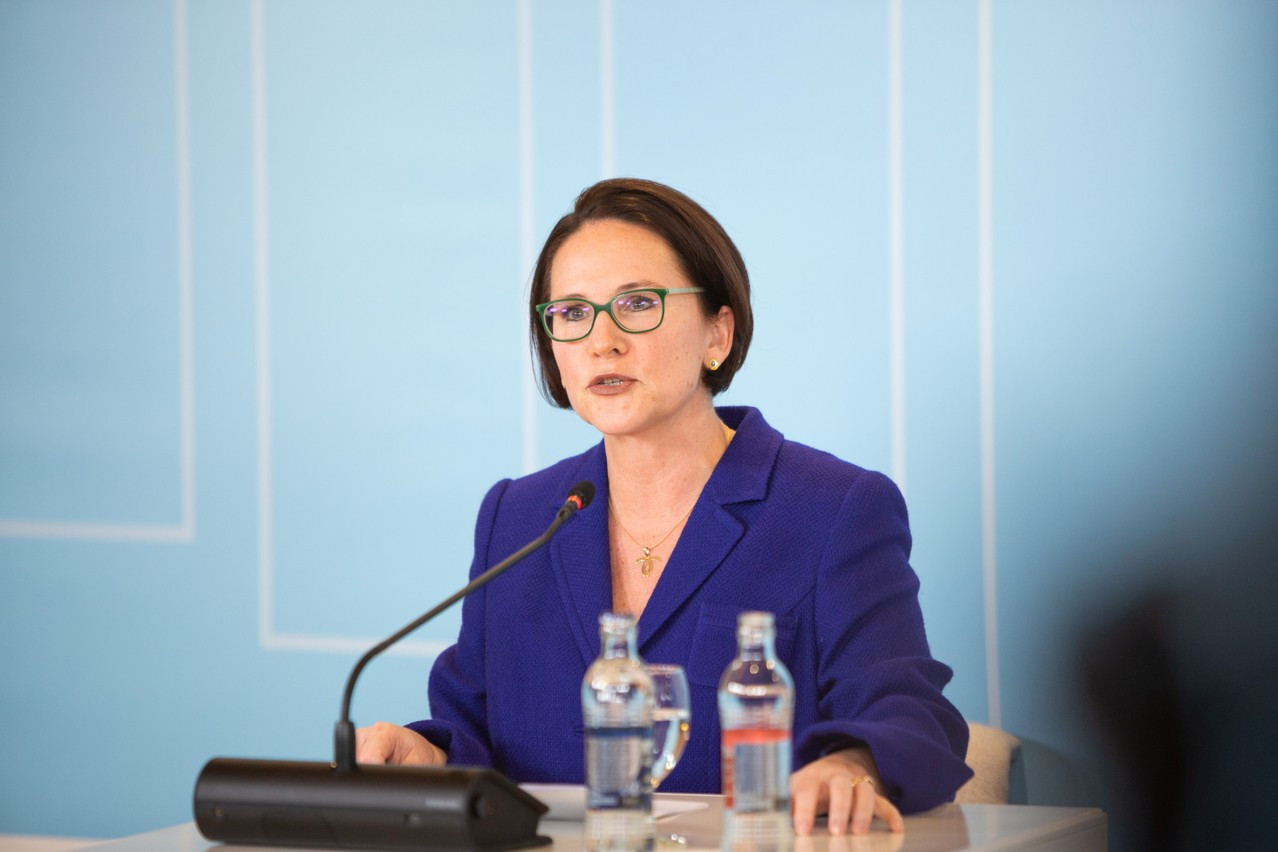However, the ministry stopped short of providing specific detail of assets frozen, nor what proportion of assets related to bank accounts, physical assets and transactions.
Backes (DP) disclosed the figure during a meeting with the committee in charge of monitoring restrictive measures, a press release said on Tuesday evening. Bank assets as well as capital securities of sanctioned individuals or entities were the target of the measures. No application for a waiver of the financial restrictive measures has been issued to date.
"The EU sanctions regime against Russia is producing tangible results in Luxembourg. Our country is playing its full part in the common EU response to the Russian invasion of Ukraine,” said Backes.
The Luxembourg Business Registers identified 86 companies registered in the trade and companies database that are linked to 11 individuals featuring in the list of sanctions.
Delays in sanctions communication
The Luxembourg government has come under increasing pressure to communicate its action on Russian sanctions more one month after the invasion of Ukraine by Russia on 21 February.
On 2 March 2022, parliamentarian for Luxembourg’s green party, Stephanie Empain, asked if Luxembourg compiled a list of the number of Russian oligarchs resident or with recurring activities in Luxembourg. The ministries replied on 9 March that there was no such list, but did point to information available on the Luxembourg Register of Beneficial Owners (the RBE).
As the RBE is restricted to searches by entity and not individual, organisations such as Stop Russian Capital have recompiled the information to allow for name-based searches.
The database identifies 90 entities more than 25% owned by Forbes top-40 Russian billionaires, including sanctioned individuals, and 36 entities more than 25% owned by Russia state-owned conglomerates Gazprom and Rosneft.
“It is unclear why the entities on the RBE owned 25% and over by Russian oligarchs and sanctioned individuals were only identified by the ministry of justice as of 15 March when this information has been readily available in the public domain,” said Tibor Tompa, one of the parties who helped compile ‘Stop Russian Capital’ which identifies the beneficial owners of Luxembourg-based entities and the public source of the information.
In light of the sanctions, there could be a change to how the RBE is structured, pointed out Empain in a call with Delano following the 29 March meeting regarding restrictive measures. “I think there will be an impact on how we want to structure and organise these registers,” she said.
Empain also added that there is likely to be a change in government communication regarding sanctions. “I think that pressure on the various ministries to communicate is mounting,” said Empain. “Communication on the issue of sanctions could be more proactive.”
The Luxembourg regulator CSSF has also faced questions from lawmakers on whether a specialist agency is necessary to help identify and implement sanctions, according to a report on a 25 March Finance Committee meeting available on the Luxembourg parliament’s website. At present, the public prosecutor’s office would uphold this role.
The sanctions committee includes financial sector regulator CSSF, whose director Claude Marx last week had warned that Luxembourg if it doesn’t enforce the international sanctions regimes.
The war in Ukraine has thrown Luxembourg-Russia business ties into the spotlight. Former economy ministers Etienne Schneider and Jeannot Krecké (both LSAP) have resigned from the boards of Sistema and its subsidiary EWUB, respectively. Neither of the entities has been sanctioned.
Patrick Santer, the vice-president of Luxembourg’s state council from his position on the board of Sodrugestvo, which is also not subject to sanctions.
Russian nationals Mikhail Fridman, founder of Luxembourg-headquartered investment company Letterone, and Petr Aven, a member of the group’s board of directors, the EU’s sanctions against them. Three further Russian billionaires--German Khan, Alexey Kuzmichev and Andrei Kosogov--have all from their positions at LetterOne.
